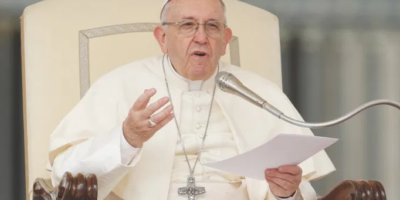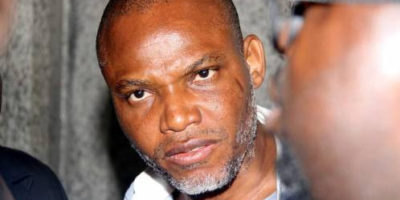IMF: Nigeria Remains Largest Economy In Africa, 26th In The World

The International Monetary Fund (IMF) has said that Nigeria maintained its lead as the biggest economy in Africa, in terms of the size of the country’s Gross Domestic Product (GDP).
But globally, the IMF, in its recently released World Economic Outlook (WEO), ranked Nigeria the 26th largest economy, with an average GDP of $442.976 billion.
The computation was based on nominal GDP, which does not take into account differences in the cost of living in different countries.
The IMF, recently returned a gloomy verdict on the Nigerian economy for 2020, declaring that the nation’s economic outlook was challenging.
The multilateral institution, in its recently released 2020 Article IV Consultation on Nigeria, had stated that the country’s economy is buffeted
from side to side by a cocktail of issues, including the uncertainty over the COVID-19 pandemic, low oil prices, capital outflows and balance of payment challenges.
The IMF had stated:
The COVID-19 global pandemic is exacting a heavy toll on the Nigerian economy, which was already experiencing falling per capita income and double-digit inflation, with limited buffers and structural bottlenecks.
Low oil prices and sharp capital outflows have significantly increased balance of payments (BOP) pressures and, together with the pandemic-related lockdown, have led to a large output contraction and increased unemployment.
In its estimation, the IMF said supply shortages have pushed up headline inflation to a 30-month high.
It said:
Under current policies, the outlook is challenging. Real GDP is projected to contract by 3¼ per cent in 2020. The recovery is projected to start in 2021, with subdued growth of 1½ per cent and output recovering to its pre-pandemic level only in 2022.
The IMF report, which acknowledged the efforts of the Central Bank of Nigeria (CBN) to rein in inflation, however, maintained that despite an expected easing of food prices, inflation is projected to remain in double digits and above the CBN’s target range.
Following a significant decline in revenue collections – from levels that were already among the lowest in the world – fiscal deficits are projected to remain elevated in the medium term,
the report stated.
Recognising various policy measures put in place by the Federal Government, the Bretton Wood Institution still believes there is need to put in place more broad market reforms in order to address the pressing balance of payment pressures in Nigeria.

Justin Nwosu is the founder and publisher of Flavision. His core interest is in writing unbiased news about Nigeria in particular and Africa in general. He’s a strong adherent of investigative journalism, with a bent on exposing corruption, abuse of power and societal ills.













